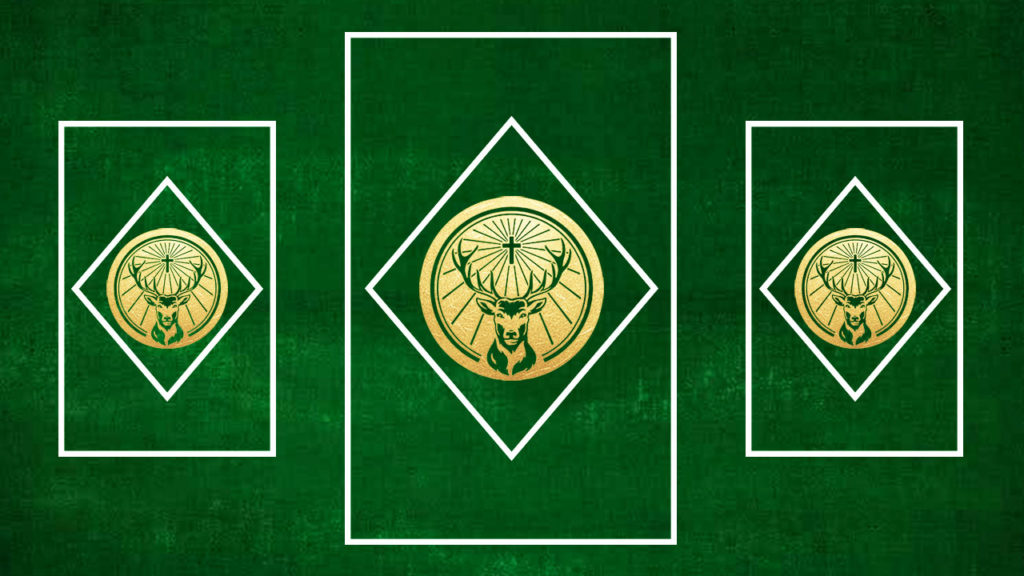Jägermeister is using augmented reality to celebrate Halloween this year with virtual tarot cards on Snapchat. “Divine the Darke” invites users to unlock AR tarot cards and flip them over to reveal their “cocktail fate.”
Special Jägermeister Snapcodes have been placed in bars and stores this holiday that when scanned, temporarily unlock a tarot card experience. An augmented reality tarot deck will be displayed inside the user’s camera with themes like “The Stag,” “The Ritual,” “The Hunter” and “The Mirror.”
Flipping the card over reveals a glimpse into the future in the style of an alcoholic fortune cookie with statements like, “Trust in your instinct and follow your gut.” Each card also recommends a method for consuming Jägermeister, such as a chilled shot or in a cocktail.
Each AR experience is unlocked for one hour before the code can be scanned again. Doing so allows users to view new cards, fortunes and drink suggestions.
We see ice kühl shots in your future. pic.twitter.com/xSVtjtW13t
— Jägermeister USA (@JagermeisterUSA) October 6, 2018
Halloween is one of the biggest holidays for Jägermeister, which reports a 34 percent sales lift during this period. Last year in the UK, the hunter-themed drink launched a Saxon horror-story themed campaign across its social channels. Characters called “The Cursed Four” were featured in a series of videos online and recreated in the form of limited-edition miniatures.
In the US last year, Jägermeister launched print-out origami masks that looked like a skull, bat or stag—the latter being a nod to its mascot.
This isn’t the first time alcoholic brands have employed augmented reality to engage consumers of legal drinking age. Earlier this year, Skybound Entertainment released a special Walking Dead wine featuring AR labels that animated when viewed inside an app. The practice of AR labels has increased in popularity for beer and wine brands, especially those viewed through an app like Treasury Wine Estate or Living Wine Labels.
Jägermeister, amid increased competition from other flavored shot brands, recently partnered with the NHL to become the hockey league’s official shot. The brand sold 1.66 million cases in the US last year, according to Impact Databank.

